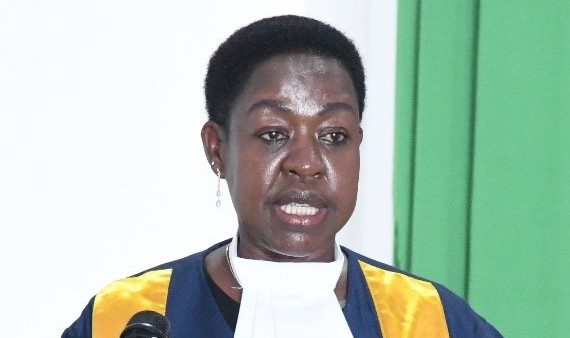As South Sudan approaches its 14th Independence Day on 9 July, uncertainty persists over the reopening of the Transitional National Legislative Assembly (TNLA).
Lawmakers have been on recess since December 2024, with no clear return date, raising concerns over delays in approving the 2025-2026 budget.
Unlike fellow East African Community (EAC) members Kenya, Tanzania, Uganda, Burundi, and Rwanda, which have already submitted their budgets, South Sudan remains the only country in the region still operating under last year’s financial plan.
When Radio Tamazuj asked about the reasons for the delay, TNLA spokesperson Oliver Mori Benjamin said government officials were preoccupied with Independence Day events.
“Not yet. Now people are busy with preparations for Independence Day on the 9th. So, people are occupied with that,” Mori said.
Bol Joseph Agau, chairperson of the Constituency Development Fund and a member of the economic committee, expressed frustration but acknowledged that reopening parliament requires coordination among government branches.
“As an MP, I wanted the session to resume immediately, but there’s little we can do alone. Reopening requires collective action—it’s not something one branch can force,” Agau said.
He stressed that passing the budget must be the priority once parliament reconvenes.
“The budget is critical. If parliament opens, discussions should begin immediately to ensure the 45-day budget process is completed by July or August. Other legislative matters can follow,” he added.
While Independence Day preparations are the official reason, financial constraints appear to be a key factor. In June, Oliver Mori Benjamin, chairperson of the Parliamentary Committee for Information and Communication, cited “circumstances beyond our control” for the delay.
Agau also highlighted the country’s cash shortage, noting that despite a push for digital payments, physical currency remains scarce.
“The issue isn’t that there’s no money—it’s that cash is being hoarded. People are storing money at home, disrupting the flow in markets, customs, and government operations,” he said.
Daniel Juol Nhomngek, a national lawmaker, said the delayed reopening of South Sudan’s parliament was due to a lack of funds, dismissing claims that preparations for Independence Day were the cause.
“The problem is that they’re avoiding the fact that there’s no money. Parliament was supposed to reopen on April 1, but they cited logistical problems,” he said.
According to Nhomngek, lawmakers were recently told that parliamentary officials were working with the finance ministry to secure funding before sessions could resume.
“This has nothing to do with Independence Day preparations. You can prepare while parliament is sitting. Sessions can resume even as other activities continue,” he added.
Ter Manyang, a South Sudanese civil society activist advocating for good governance, claimed unpaid lawmakers and salary arrears—not Independence Day preparations—are the real reason for the delay.
“The country is in total confusion. Even officials don’t know what’s happening,” Manyang said. “The Speaker told me parliament hasn’t reopened because of a lack of resources. MPs are waiting for their allowances.”
He said TNLA administrators submitted a budget request to the Finance Ministry but have yet to receive funds.
Officials at the National Ministry of Finance and Planning could not immediately be reached for comment.




